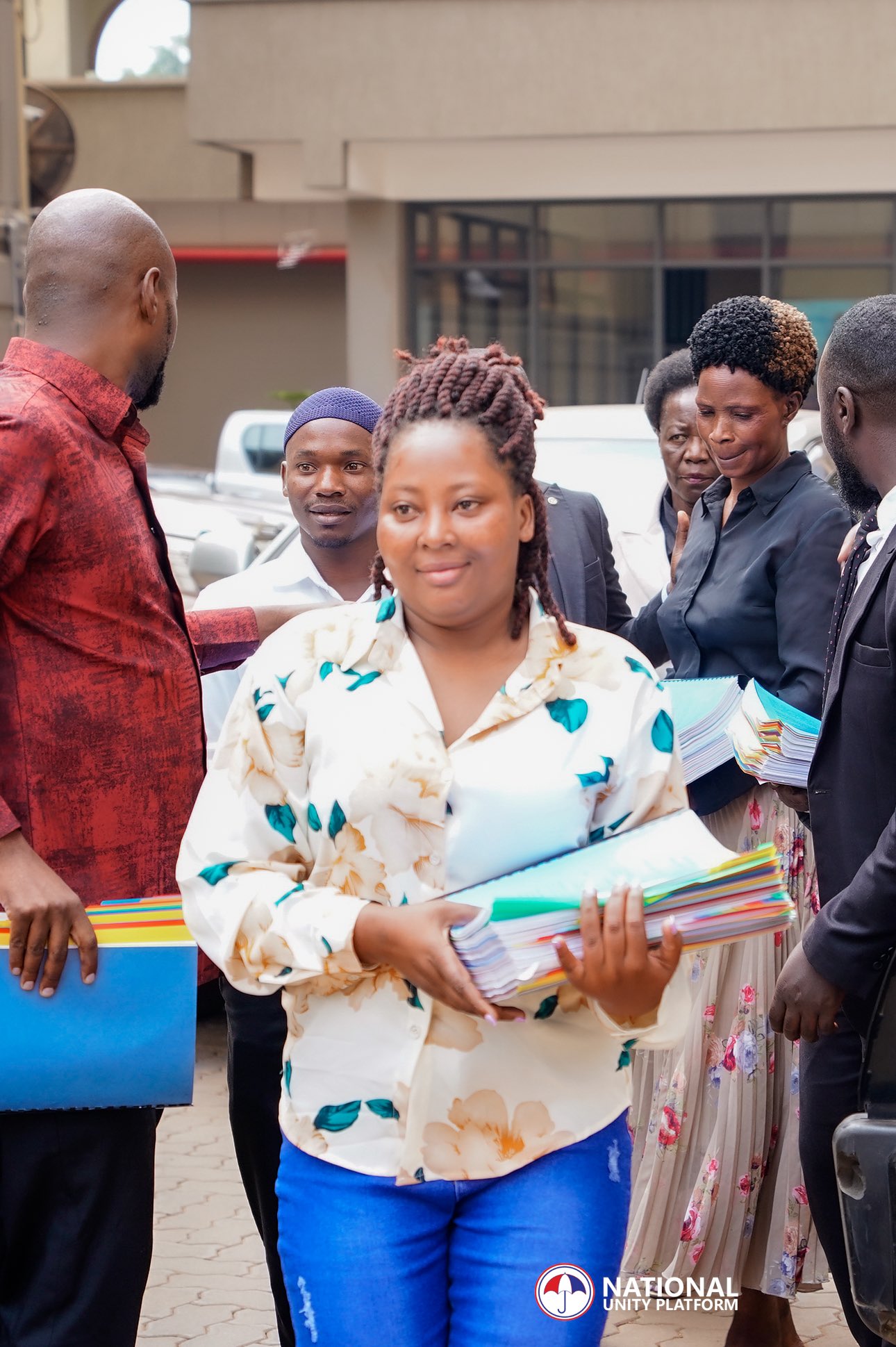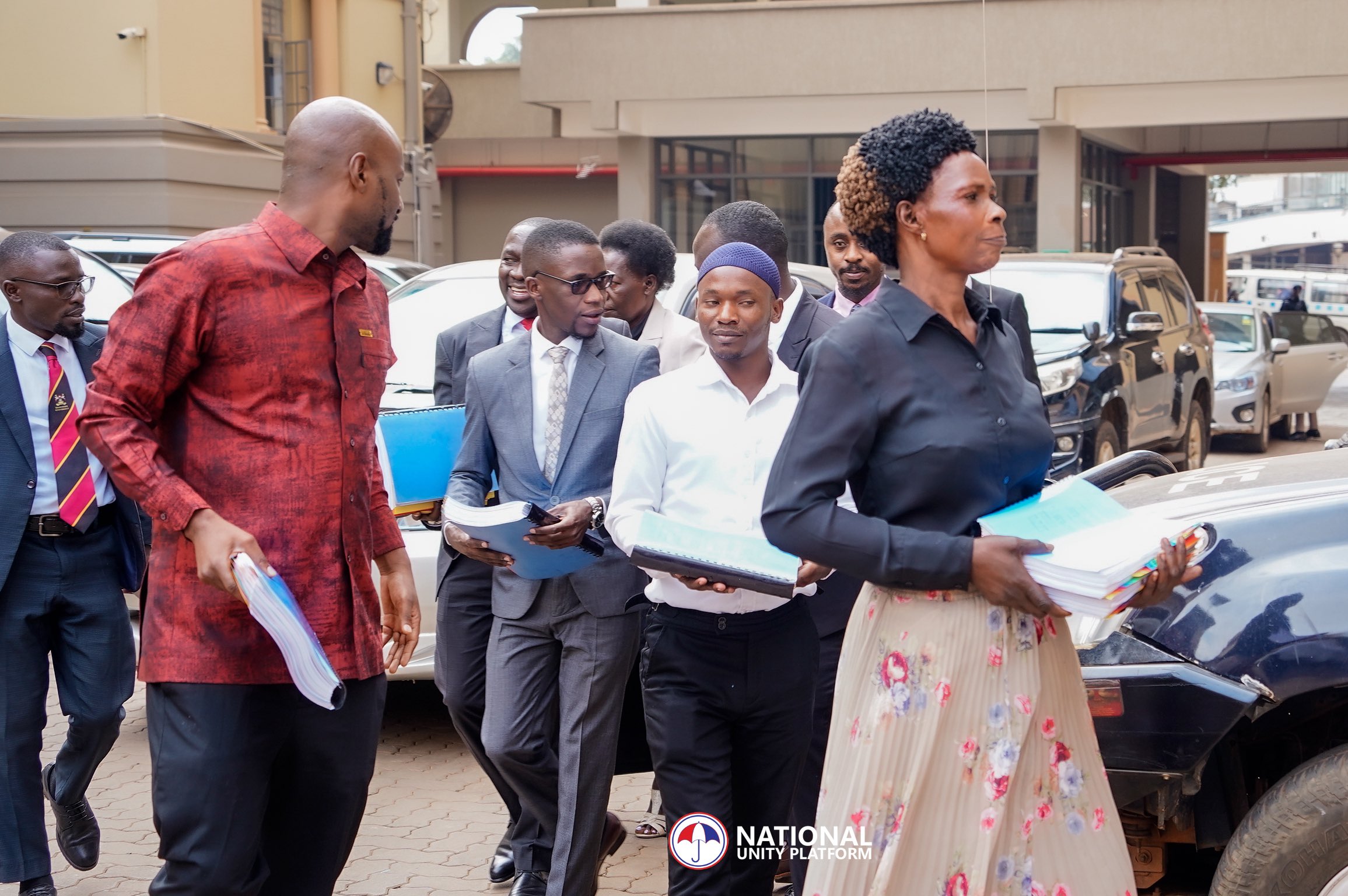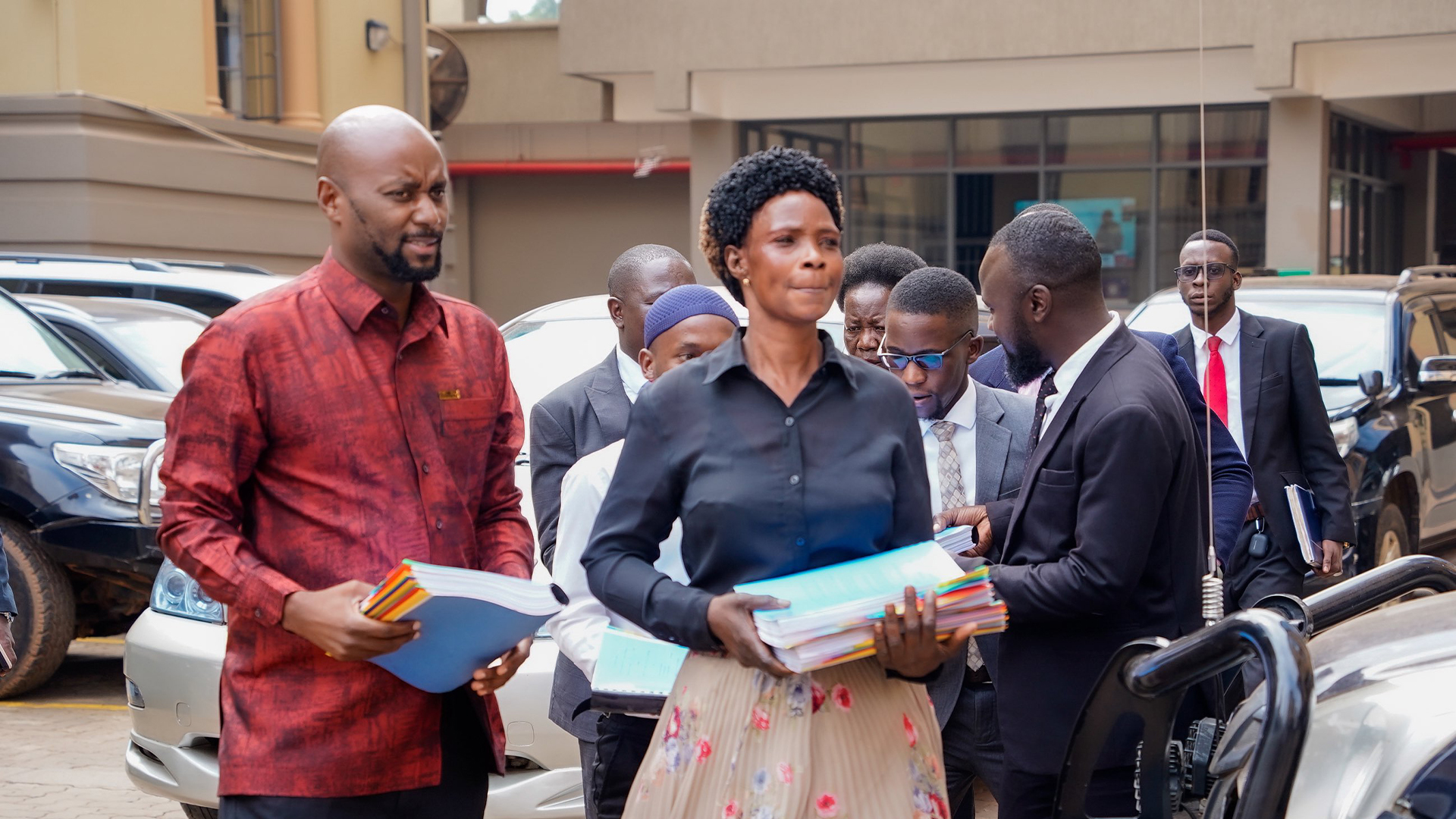The National Unity Platform (NUP) has dragged the government to the Constitutional Court, challenging the Uganda People’s Defence Forces (Amendment) Act, 2025, which it says is unconstitutional and a direct affront to a Supreme Court ruling that barred the trial of civilians in military courts.
In a petition filed yesterday, NUP outlines 12 grounds against the controversial legislation, accusing Parliament of reintroducing provisions previously struck down by the Supreme Court, granting sweeping powers to military courts, and undermining judicial independence.
Latest
Pick Presidential Nomination Papers: Aspirants Hit 114 On Day Three
35 Arrested in Katwe Crackdown on Boda Boda Theft Gangs
Museveni Officially Joins 2026 Presidential Race as Aspirants Hit Record 121
Uganda to Prioritise E-Waste Refurbishment in Fight Against Digital Pollution
Electrician Arrested Over Vandalism of Power Lines in Luweero
Pharmacy Students Petition Parliament Over ‘Illegal’ Pre-Internship Exams
51 Individuals Pick Nomination Forms to Become Uganda’s Next President–EC
Mary Karooro Okurut, Scholar-Politician and Literary Pioneer, Dies at 70
Police Deny Abduction Claims, Say Ssetuba Derrick Was Arrested Over Fraud
13 Arrested in Kagadi for Forging Academic Papers in UPDF Recruitment
FDC Accuses EC of Bias, Calls for Fixed Election Dates
Central to NUP’s challenge is the re-enactment of Section 119 of the 2005 UPDF Act struck down earlier this year in Attorney General v. Michael Kabaziguruka now revived as Section 117A of the amendment. This section allows the General Court Martial to try civilians for offences under any law, a move the opposition party says contravenes Articles 92, 128, and 210 of the Constitution.
The petition also faults the law for granting the military high command total control over the appointment, tenure, and oversight of military court members. NUP argues that this arrangement compromises the impartiality of these courts, which the Act nonetheless declares “independent.” The party also cites the creation of a new Military Courts Department headed by the General Court Martial chairperson, which it says centralises both prosecution and defence functions under military authority in violation of the separation of powers.

Other contested elements include the law’s provision for short, renewable terms for military court officials, alleged absence of the constitutionally required quorum when the Bill was passed, and what NUP describes as a rushed, non-participatory legislative process that excluded meaningful public input.
The party is seeking Constitutional Court declarations that the provisions are null and void, an injunction halting their implementation, and costs against the respondents.
NUP president Robert Kyagulanyi, alias Bobi Wine via his X(formerly twitter) handle, said the law’s passage was an attack on Uganda’s democratic order.
“The Act was passed without quorum in Parliament, in violation of the Constitution, and in blatant disregard of the Supreme Court’s ruling of January 31st outlawing the trial of civilians in military courts,” Kyagulanyi said. “We are seeking orders to stop the implementation of this draconian law, which violates the right to a fair trial and undermines judicial independence. As NUP, we remain committed to defending the freedom of all Ugandans and fighting dictatorship by every constitutional means available. The struggle continues.”

The petition was filed alongside former political prisoners and families of NUP supporters currently in detention, with the party vowing to sustain both legal and political pressure until the law is overturned.
If the Constitutional Court rules in NUP’s favour, the decision could once again restrict the jurisdiction of military courts to service offences committed by members of the armed forces — a move that would be a significant setback for government security agencies that have relied on the General Court Martial to prosecute civilians in politically sensitive cases.





